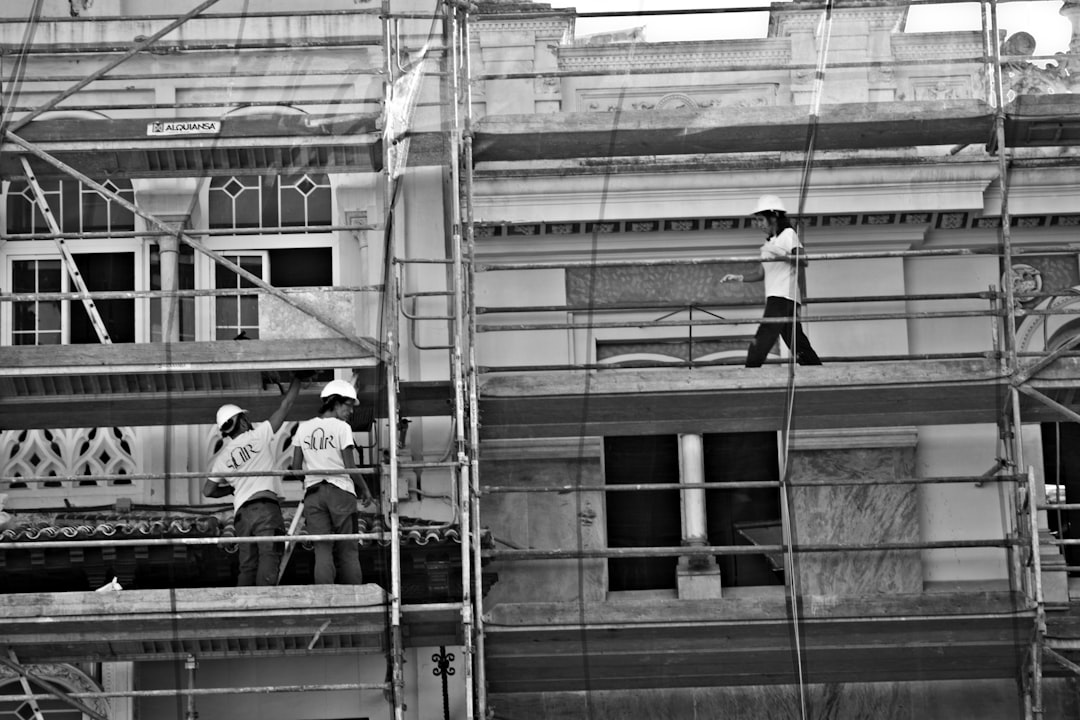
Labor costs for installing window casing can vary significantly, with rates typically ranging from $60–$110 per opening depending on complexity and region. This article explores how these costs are calculated, the factors affecting them, and how professionals can optimize their estimates using advanced tools.
While window casing materials account for 25-35% of the total budget, labor costs dominate the remainder. Skilled carpenters are essential, and their efficiency directly impacts the overall cost. Understanding the labor rate and expected time for completion is crucial for accurate budgeting.
Voice-to-Estimate Technology
With CountBricks, professionals can quickly estimate labor costs by describing each window. The software uses a localized database to provide accurate, real-time estimates.
Blueprint Takeoffs Without the Headaches
Upload your plans, and our AI will automatically detect window details, ensuring labor hours align with actual quantities.
Multiply these hours by your local carpenter rate for a transparent cost estimate.
In Sacramento, the average finish carpenter rate is $60–$90 per hour. For a basic profile, the labor cost is approximately $96 per opening. Including additional factors, the total cost can reach $110.
Remodels often require more labor due to additional tasks like demolition and patching, while new builds benefit from cleaner openings. CountBricks helps adjust estimates based on these factors.
Track progress and costs in real-time with CountBricks, ensuring accurate invoicing and eliminating discrepancies.
Visit CountBricks.com to learn more about optimizing your labor cost estimates.

A Sacramento builder used CountBricks for a custom home with 42 windows. Traditional estimates projected 64 labor hours, but our AI adjusted for specific conditions, resulting in 55.5 hours.
Bottom Line: CountBricks provides precise labor numbers and actionable insights for any project. Explore more at CountBricks.com.